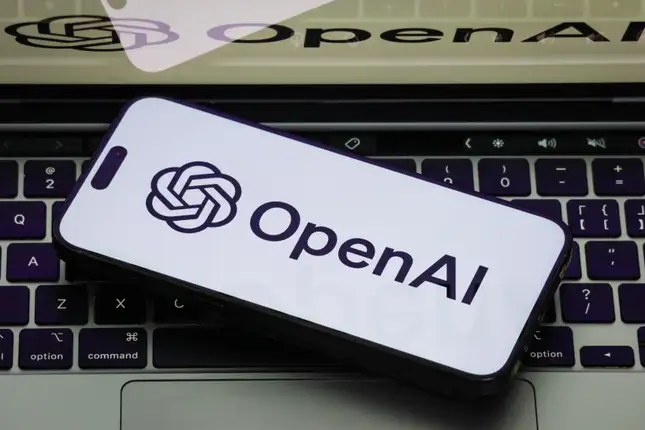A team of Master’s students at Hassan II University in Casablanca has unveiled an AI-powered system for wildfire prediction and sustainable agriculture management at the “AI for All–ESSOR” event, offering a timely response to the climate challenges Morocco and other nations face.
The innovative project, designed by Salma Salama, Salah Eddine Khouldouni, and Nouhail Hajjaoui, harnesses artificial intelligence to deliver early wildfire warnings and optimise farming decisions.
With climate change triggering more frequent wildfires and threatening food security, the student-led solution shows how homegrown tech talent can make a meaningful impact.
AI predicts wildfire risks using NASA data and machine learning
At the heart of the system is a wildfire prediction tool that processes both historical weather data—temperature, humidity, wind speed, and rainfall—and real-time satellite imagery from NASA’s FIRMS (MODIS & VIIRS).
Using logistic regression models, the tool can forecast potential fire outbreaks with a focus on prevention. Designed for practical use, the interface is user-friendly enough for authorities and local responders to receive timely alerts and act swiftly.
Supervised by professors Habib Ben Lemhar, Oussama Kaich, and Zakaria Fakir, the project uses real-world datasets and robust machine learning techniques to simulate wildfire risks.
Plans are already in motion to integrate IoT sensors for collecting real-time, ground-level data, which will further enhance the system’s accuracy and responsiveness.
AI solutions for crop selection and livestock feed management
But the wildfire alert system is just one part of the bigger picture. The students have developed additional AI-powered tools to improve decision-making in agriculture.
To help farmers with crop selection, the team employed random forest algorithms that analyse local soil types and climate patterns.
The goal is to match crops with optimal growing conditions, increasing yield while minimising resource waste.
For livestock feed management, the system relies on a classification model trained on regional forage types.
It recommends the most suitable feed combinations based on environmental conditions, helping farmers reduce costs while enhancing animal health and productivity.
These modules are designed with small and medium-scale farmers in mind, offering practical, data-backed advice to navigate an increasingly unpredictable climate.
AI powered crop yield forecasting for climate resilience
In its final layer, the system targets one of the most urgent needs in Moroccan agriculture: accurate crop yield forecasting.
By combining regression models with Long Short-Term Memory (LSTM) neural networks, the students developed a tool that predicts harvests for sensitive crops, such as tomatoes and oranges.
The algorithm analyses long-term weather patterns and past production data to forecast future yields.
This helps farmers make informed decisions about planting schedules, market timing, and resource allocation, thereby mitigating the risks associated with climate-induced disruptions.
AI in Agriculture: A future-building innovation from Morocco
The project illustrates how artificial intelligence can play a transformative role in both climate disaster prevention and agricultural productivity. With the support of university mentors and access to global datasets, these Moroccan students are developing pioneering solutions with real-world impact.
As wildfires become more frequent and farming becomes more complex, AI-driven tools like this are not just innovations—they’re lifelines. And for Morocco’s climate-vulnerable regions, local solutions like these could make all the difference.
















